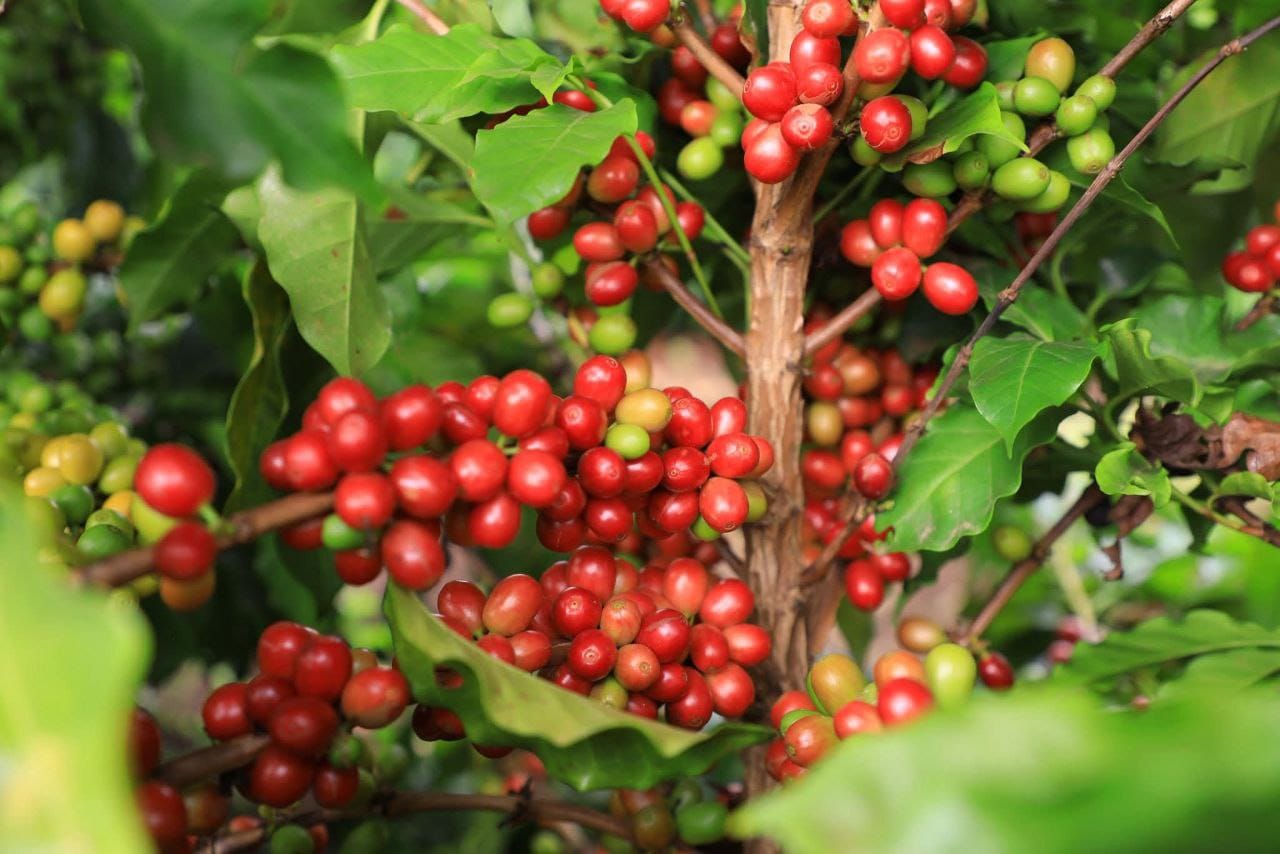Saddama, Ethiopia – Qahwa World
Al Jazeera has broadcast a filmed report highlighting the impact of the European Union’s anti-deforestation regulations, which are set to come into force on December 30, 2025, after several delays in implementation.
According to the report, the new EU rules are leaving a bitter taste among Ethiopian coffee farmers, who fear losing one of their most important export markets. Roughly one-third of Ethiopia’s coffee production is shipped to the European Union, but the regulations now require proof of origin for every single consignment.
Smallholder Farmers at Risk
For smallholder farmers—the backbone of Ethiopia’s coffee sector—compliance represents a costly and exhausting burden. One producer commented: “Denying us access to the European market is like a punishment, like sanctions. While China financially supports its companies to buy African coffee, the EU does nothing—worse, it increases the burden on us.”
In response, some farmers have started planting shade trees and adopting more sustainable practices. “We no longer cut down trees; we use them sustainably to protect our environment and our crops,” one farmer explained. Training programs have been introduced to help farmers adjust, but challenges remain. A French government study revealed that EU coffee consumption is responsible for nearly half of coffee-related deforestation worldwide, making traceability an urgent priority for European policymakers.
What Are the New EU Rules?
The regulations, known as the EU Deforestation Regulation (EUDR), were approved by the European Parliament in 2023 and will be phased in between 2025 and 2026. They apply to key commodities including coffee, cocoa, soy, palm oil, and timber. The goal is to ensure that no product entering the EU market contributes to deforestation or ecosystem degradation.
Under the rules, importers and exporters must provide detailed information on the origin of products through a dedicated traceability and digital system, using geographic coordinates and satellite mapping of farms. Companies and farmers are required to submit “due diligence statements” to guarantee transparency throughout the supply chain.
Ethiopia’s Challenges
In Ethiopia, where more than four million small-scale farmers cultivate coffee, meeting these requirements appears nearly impossible without broad support. Land surveys and mapping are already underway. One certification officer noted: “At first, some farmers didn’t understand why this was necessary. But so far, we’ve completed 75% of the mapping, and our goal is to register 5,000 farms by the end of the year.” Yet this is only a fraction of the total sector.
The European Commission has pledged to provide assistance but stressed that cooperatives and local governments must also play their part in financing and supporting the transition. Starting January 1, 2026, larger producers will be required to comply immediately, while smallholders have until July 2026. Despite repeated calls for an extension, the EU has made clear it does not intend to delay the deadlines further.
Global Implications
Observers see the move as a double-edged sword. On one hand, it could foster sustainability and help curb deforestation in producing countries. On the other hand, it risks pricing small farmers out of the market, pushing them toward less demanding destinations such as China or Middle Eastern countries.
Ethiopia—the birthplace of coffee and Africa’s largest exporter—now faces a decisive challenge: adapt to the costly EU rules, or risk losing access to its most lucrative market in Europe.
